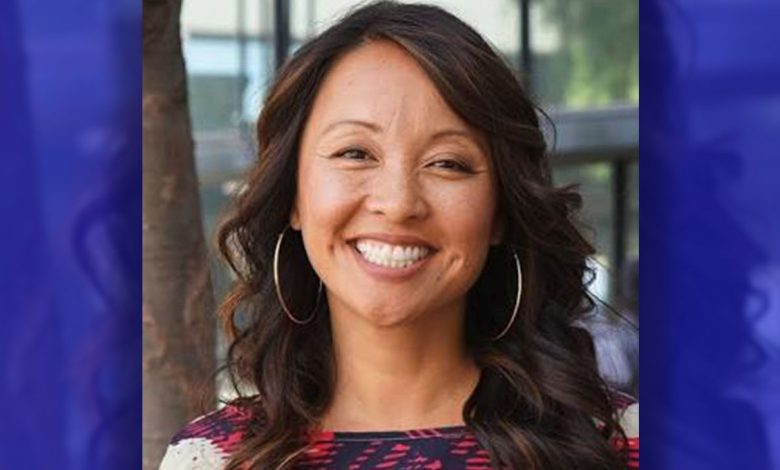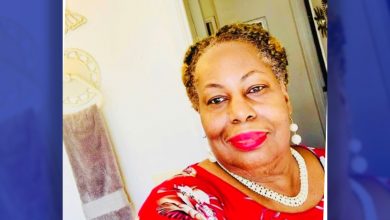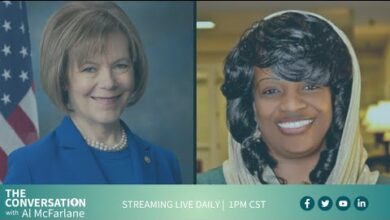Recognizing Peralta Colleges as Black-Serving Institutions: A Call to Action for SB 1348

By Ken Epstein
The City of Oakland this week finalized the $105 million sale of the city’s 50% share of the Oakland Coliseum to the African American Sports and Entertainment Group (AASEG), based on a long-term plan and vision for social and economic revitalization of East Oakland that will include jobs, new businesses, and affordable housing.
Last Thursday, AASEG also finalized the deal to purchase the other 50% of the Coliseum owned by the Oakland A’s for $125 million, meaning that the entire 155-acre property is now owned by the African American business group, likely the largest transfer of property to African Americans in Oakland history.
According to a terms sheet, AASEG is paying the city $15 million in September, $15 million in November, $33 million in January 2025, and $42 million by June 20, 2026. The development is financed by Loop Capital, a Chicago-based investment firm.
Hosting the press conference at the Coliseum on Tuesday, co-founder of the AASEG team, Ray Bobbitt, a longtime Oakland businessman, introduced Mayor Sheng Thao, who he said “drove” this project for the city, along with Councilmember-at-large Rebecca Kaplan.
“This is history in the making,” said Mayor Thao, emphasizing the team effort between private investors, city officials, staff, and community that is moving the city forward.
This project is not a short-term financial fix for Oakland but a long-term strategic development that will pay off for the city and its residents for decades, she said.
“This will be a $105 million sale that will lead to a multi-billion-dollar investment in Oakland, specifically deep East Oakland,” Thao said.
“This isn’t a temporary band-aid for the budget as some naysayers may say,” she continued. “Yes, it helps keep fire stations open, it helps keep our (police) officers, and the (police) academies going. But (more fundamentally), this is a work in process for Oakland’s future.”
The mayor said she was honored to work with the African American business leaders in AASEG and with the African American entrepreneurs in Loop Capital.
“Many thought institutional capital was fleeing Oakland, but that is not the case.,” she said. “We were able to be innovative and think outside the box. (We) know what the Coliseum is; this is the place to be in the Bay Area.”
A number of observers say political opponents of the mayor and much of city’s leadership are “doom seekers,” continually emphasizing that Oakland is a terrible place to live where nothing good happens, as they seek to justify their attempt to restore power to representativesof the city’s traditional elite.
In her remarks, Kaplan outlined a vision of the redeveloped Coliseum site as a major economic hub for not just East Oakland but the Bay Area, noting that it sits near a BART station, freeway, rail line, and airport.
Ultimately, the AASEG project will be a $5 billion construction venture with housing, entertainment, live sports, hotels, and businesses.
“There is no site better prepared for development than this,” Kaplan said.
AASEG has agreed to create a community benefits plan before the end of the decade with labor agreements, workforce training, and pledges to residents around the Coliseum that they will not be displaced by development.
AASEG has also agreed to ensure 25% of any housing developed at the site is affordable.
Bobbitt, who, as a child watched games at the Coliseum from his grandmother’s roof, said the project will serve the entire population of Oakland and the region and especially communities in East Oakland, where African Americans face the highest rates of poverty, unemployment, and homelessness, and as victims of crime, he said.
He said he especially wanted to recognize Paul and Gay Cobb, owners of the Oakland Post newspaper and elders in the community, who inspired him to have a large vision for the Coliseum that would lead to the development of East Oakland, the entire city, and the region.
“We want to acknowledge them and thank them for everything they do for our community. They safeguard us, they protect us, they push us, they urge us, I want you to understand what this newspaper means for our community,” Bobbitt said.
In a statement, Bobbitt said, “The AASEG sees this new stewardship (of the Coliseum) as a once-in-a-generation opportunity for the revitalization of Oakland and a profound responsibility to improve the lives of the community members of East Oakland.”
“Thank you to the city, our partners, Mayor Sheng Thao, Rebecca Kaplan, Nikki Bas, and everyone else who contributed to this,” he said.
Council President Bas said, “There are so many positive things to love about our town, and this is an opportunity, to set aside any differences we have and to work together and make this city as great as it can be.”
Entrepreneur Alan Dones, who is part of AASEG, said, “Our team agrees that our main objective here is to serve our community, to make sure this project stands out as a beacon for what can be done when you prioritize community, good jobs, and business opportunities.”






